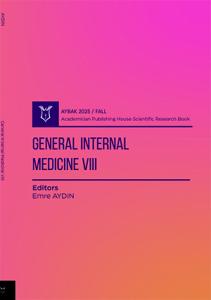An Overview Of Viral Pandemics Over The Past Decade
Özet
Viral epidemics have been a persistent global challenge, posing significant threats to public health, economies, and societies. In the past decade, several major outbreaks have emerged, including the Zika virus (2015–2016), the Ebola outbreak in the Democratic Republic of Congo (2018–2020), the COVID-19 pandemic (2019–present), and the Monkeypox outbreak (2022). Each of these epidemics has demonstrated the rapid transmission of infectious diseases and their severe consequences, emphasizing the importance of preparedness and effective public health responses. The COVID-19 pandemic, in particular, has exposed vulnerabilities in global healthcare systems and highlighted the need for robust surveillance, vaccine development, and coordinated international efforts. While advancements in medical science have improved the response to such outbreaks, factors like urbanization, climate change, and increased human-animal interactions continue to contribute to the emergence of new viral threats. This review aims to provide a comprehensive analysis of recent viral epidemics by examining their origins, global spread, health impacts, and response strategies. By studying past outbreaks, we seek to identify key lessons and challenges that can improve epidemic preparedness. Furthermore, this article discusses whether the world is adequately prepared for future epidemics and explores strategies to enhance global readiness. Strengthening early warning systems, ensuring equitable access to vaccines, and improving international collaboration will be crucial in mitigating future pandemics. Understanding past epidemics can serve as a guide to prevent, control, and manage future viral threats more effectively.

